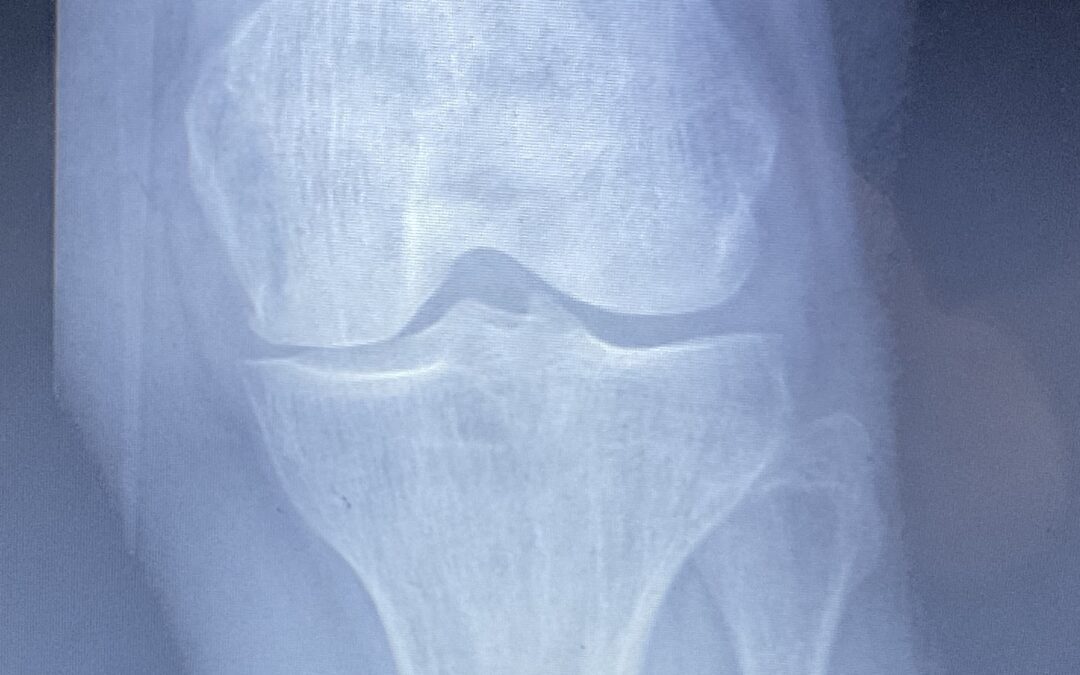Background:
This study aimed to evaluate the safety and effectiveness of XT-150, a new gene therapy, for treating moderate to severe pain caused by osteoarthritis (OA) of the knee. XT-150 is designed to produce a special version of the anti-inflammatory protein interleukin-10 (IL-10) directly in the knee joint. IL-10 can reduce pain, but it doesn’t last long in the body when given as a regular medication. This therapy aims to provide longer-lasting pain relief.
Methods:
The study involved 286 participants aged 45 to 85 with significant knee pain from osteoarthritis. Participants were given either XT-150 at two different doses or a placebo (a saltwater solution). Injections were done under imaging guidance to ensure accuracy. Safety was monitored through physical exams, lab tests, and reports of any adverse events (AEs), both minor and serious (SAEs). The study included a six-month follow-up period.
Results:
• The most common side effect was arthralgia (joint pain), experienced by 13% of participants who received XT-150.
• Only 2% of participants had side effects related to the injection itself.
• There were no systemic side effects (effects throughout the body) related to the drug.
• Seventeen participants reported serious adverse events, but these were not related to the treatment.
• No participants developed antibodies against IL-10, indicating the treatment was not causing immune reactions.
Conclusion:
XT-150 appears to be safe for use in people with knee osteoarthritis, causing only local side effects and no serious treatment-related issues. This supports further research into using XT-150 to manage knee pain and improve function in osteoarthritis patients.

